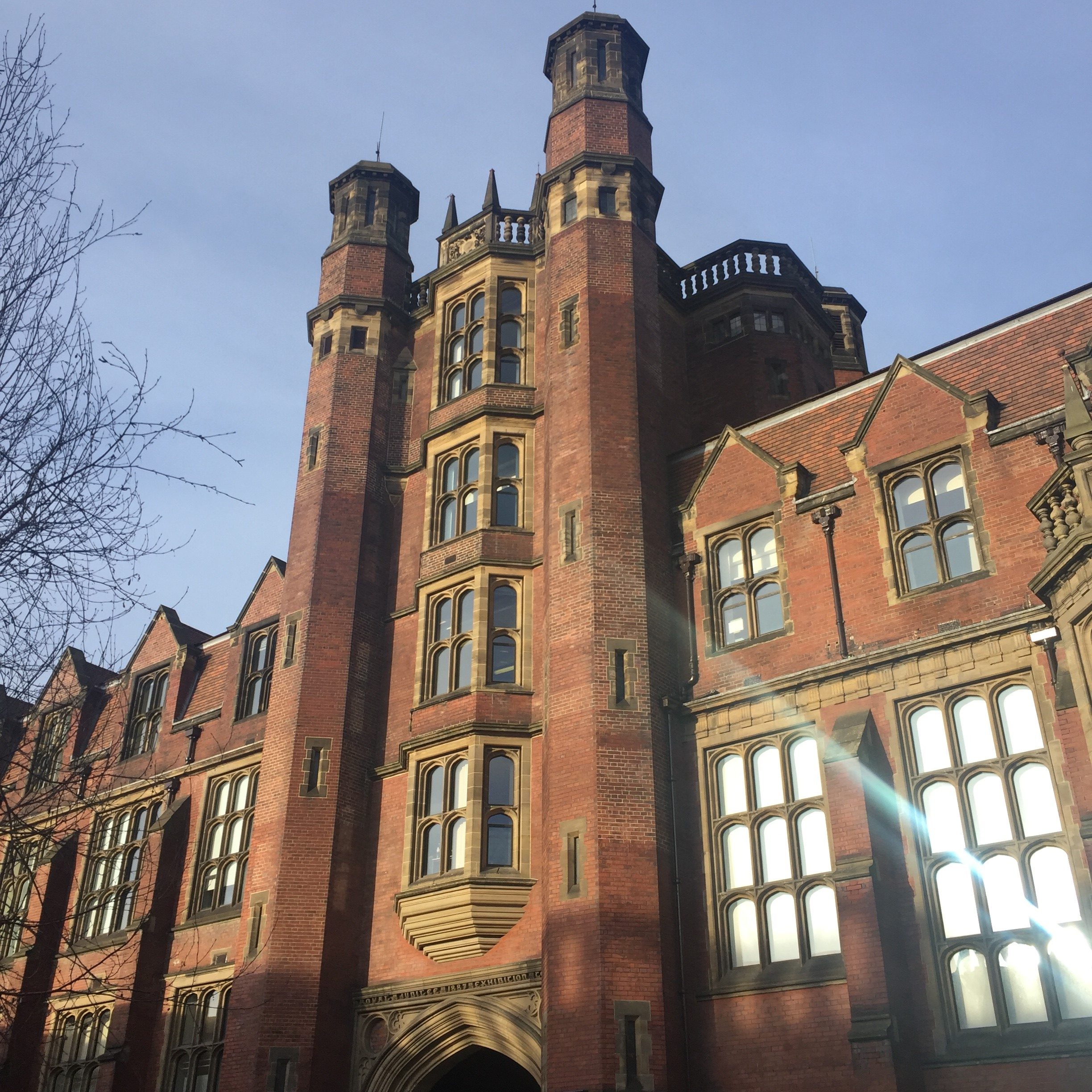Urban planners play a key role in how the places in which we live are managed and developed. As a student, you are introduced to the key theoretical debates within planning and their application to space and place.
Studying planning is like a jigsaw puzzle: each topic provides you with a piece of knowledge which helps you begin to understand the planning process. You are unable to see the full picture until you have worked as a planner.
The biggest challenge in my first few months at ethical partnership has been the process of bridging the gap between the academic and professional worlds. It is easy as a student to go months without having looked at an actual planning application, which is very different to the day in the life of a planner. On the other hand, the risk of working in practice is being so focused on project deadlines and outputs that you never step back to question the long-term implications of your decisions.
Being both a student and a professional has enabled me to take what I have learnt in university every week into the office.
It has enabled me to question the relevance of everything I have learnt to planning practice and improve the quality of my academic essays and professional research. I am lucky to have the opportunity to constantly learn, not just through student textbooks but through the everyday application of planning.
Ethical partnership offers an impressive scope of planning services which has offered me the opportunity to work on a wide variety of planning applications. No two days are ever the same. Even when I graduate, planning will continue to be a profession of learning. The world is not static, so planners must be proactive. We must – and do – use this constant process of learning to deliver high quality planning services, time and time again.

